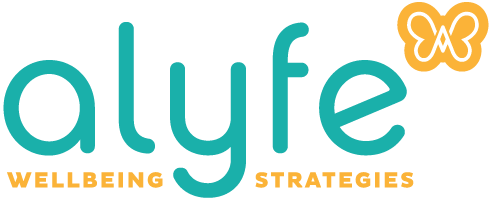Leadership – How do we support employees’ return to work?
By: Angelee Richards, Vice President of People & Culture
Preparing our “living with COVID-19” workplaces is a challenge. Whatever the environment, there are all kinds of unanswered questions and undoubtedly, a host of new emotions. As leaders, it is imperative that our employees not only feel safe at work but also that their total well-being is being acknowledged. Keeping physical health a priority to support immunity, as well as recognizing the additional strain on our emotional health, needs to stay front and center. What can we do as leaders? What strategies can we implement for our employees as we navigate our new normal and gradually return to work?
Support Emotional Health – Each of us is navigating our own unique set of challenges whether it be caring for a loved one, financial worries, loneliness, or prioritizing work/life balance, just to name a few. This can surely bring about emotional strain and added stress. These stressors don’t stay at home with our employees. As we re-enter into society and return to our place of business, it is imperative that as leaders, we recognize and support what our employees are feeling. Providing resources for mental health support such as apps or virtual solutions is one way, re-introducing and refreshing company well-being programs, minute meditation options, free yoga, and or fitness classes are other options. Stress-reducing exercises like mindfulness and self-compassion practices can also be options and play a huge factor in reducing stress. Check with your benefits partners to be sure you are utilizing all the available resources you already have. Most importantly don’t minimalize the importance of good emotional health. Be open and honest in your support of your employee’s overall well-being.
Communicate Clearly – As employees return to a work environment, there is a new level of stress around safety at the workplace. They are looking to their employer for guidance and trusting that their employer has implemented all the required precautions. Lay the groundwork, share what policies and procedures you have put in place. Post information (such as posters) with the accommodations the company has made in a predominant location. Things like where to find hand sanitizing stations, workplace daily cleaning protocols, availability of personal protective gear (if required), and procedures for disinfecting their own workspace on a daily basis just to name a few. And, don’t forget to include information about accessing their well-being benefits to keep themselves healthy!
Show You Care – Leaders who take time out of their day to give a quick call, send a supportive email, mail a card to their employee’s home, or inquire about your employees and their families’ well-being shows support. This individual support is the groundwork in developing a healthy culture, creating authentic relationships, and building trust.
Offer Resources - While the information may be readily available, be sure to remind employees about your company benefits options. Call out resources for telemedicine and free services that many insurance providers have added due to COVID-19. Stress the importance of knowing the details within your plan, offer a refresher, or create FAQ materials to provide to employees and their families. Promote your EAP and educate employees on their available resources for a strong work/life balance. Most importantly, be sure you have a comprehensive well-being approach in place to meet the physical and emotional needs for living in this “new normal”.
Just as the disruption to the work environment the last few months was abrupt and challenging to navigate, now we change the landscape again. As leaders, we are called to embrace this change and provide a supportive, caring environment for our employees.
Editor’s note: Angelee Richards is the Vice President of People & Culture at Alyfe Wellbeing Strategies. Along with numerous years of successful experience in the field, she has a Masters of Science in Education and Allied Professions with a specialization in Clinical Counseling.

